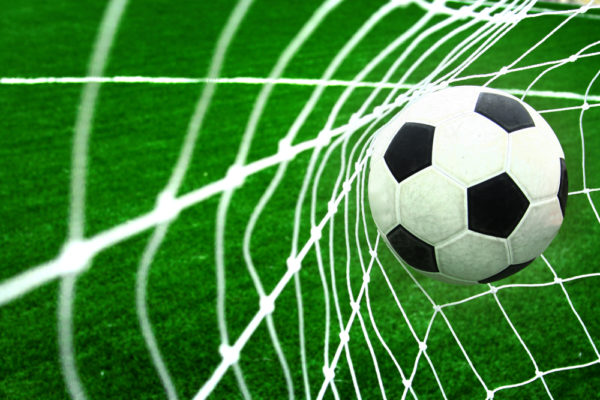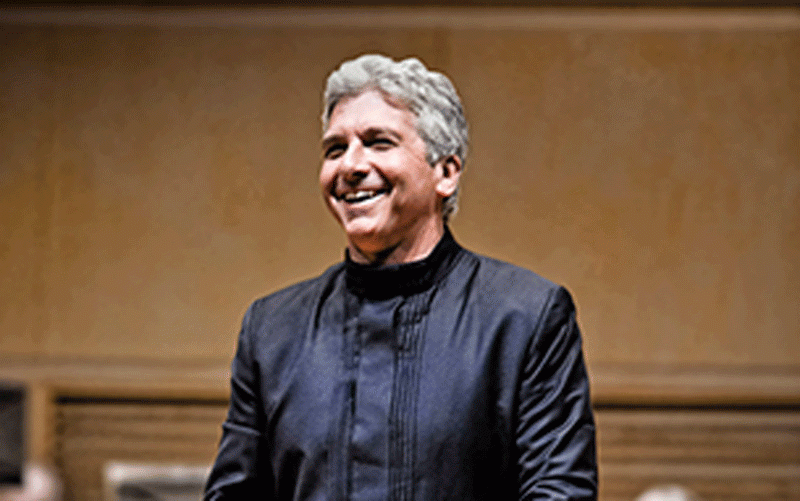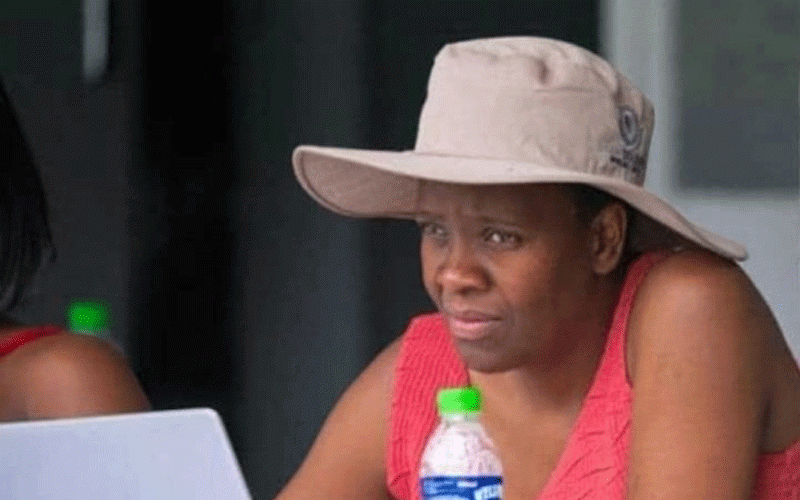
school of sport:with TIM MIDDLETON
IT IS a staggering fact that, from August to the end of December last year, six (out of 20) English Premier League managers had been sacked, with their teams languishing in an unacceptable (in their boards’ view) position — indeed, one manager only lasted 30 days of the actual season, a similar fate to Frank De Boer who managed only four actual matches (all defeats, no goals scored) at Crystal Palace in 2017. Why does this happen? Why are managers sacked so quickly? For many boards, and indeed fans, a change of manager is deemed necessary because the team is struggling in a position that is undesirable; they want the team to climb the league table, to improve their position. Tottenham Hotspur sacked the very manager who had taken them to the prestigious European Champions League Final and to a creditable fourth place finish in the English Premier League only last season, when in November last year they found themselves in 14th position in the league — a new manager was brought in to ensure that the team climbed the league.
Interestingly, the new manager has done this by taking the players he has inherited and finding the best system to play to utilise those players, as opposed to either forcing them to play the way he likes his teams to play or changing the players in the club. He has adapted his tactics and his whole approach, we are led to understand. The secret for success, for him and for the club, has been to change and adapt.
It has been interesting to note in recent weeks how players and pundits have identified that coaches nowadays are increasingly changing their team’s formation during a match, sometimes two, three or even four times. They are prepared to change the personnel or the system to bring about the necessary improvement that will result in victory. Competition forces them to improve and to change. To some degree, they have actually mirrored Darwin’s theory of evolution: “It is not the strongest of the species that survives, nor the most intelligent that survives. It is the one that is the most adaptable to change.” The survival of the fittest is defined not simply in terms of physical fitness, strength, stamina and ability, but in terms of finding the best fit for the situation, of suitability. The sportsmen who survive are the ones who adapt to change the best.
Competition, therefore, is valuable and maybe even essential for individuals and teams to improve as they have to adapt to new and greater situations and challenges. Teams and individuals within the teams improve as they compete against tougher opposition. The sport itself perhaps also improves as this competition increases. Competition is valuable for it makes people strive to stretch themselves, create space, find fresh alternatives, outwit the opponent, overcome obstacles.
Strive Masiyiwa, the Zimbabwean businessman and founder of Econet Wireless, has achieved his wealth through competing against his rivals, including taking the Zimbabwean government to court over his right to operate, a fight that almost took him into bankruptcy. He perhaps took to heart the words from Tennyson’s poem ‘Ulysses’ and lived up to his name as he endeavoured, “To strive, to seek, to find, and not to yield” in all his battles. He showed his competitive instinct by changing from his original electrical engineering training to more modern technology, in order to go up the ladder. However, we do well to note that Masiyiwa competed for a better world, not simply for himself, but more importantly for all others; he has used his wealth to provide scholarships and sponsorship for hundreds of thousands of young Africans over the past twenty years through his family foundation. He is not out to lead opponents to extinction — instead he seeks to lead young people to distinction, for the betterment of the world and not simply his own “club”. Similarly, schools must compete not to improve their sports results for their own sake, but for their country’s progress.
At the heart of Darwin’s theory is the thought that life is a competition, that everything is competing against everything else. We need competition to move us forward (to drive to go), but we also need strong competition to make us improve (to strive to grow). Competing is not just about surviving, depriving or driving, but also about striving; it is not about ‘Last Man Standing’, but about ‘Each One Advancing’. Managers know that; Masiyiwa knows that; Darwin knew that. Darwin dares us to win.
l Tim Middleton is a former international hockey player and headmaster, currently serving as the Executive Director of the Association of Trust Schools (ATS) Email: [email protected]!











